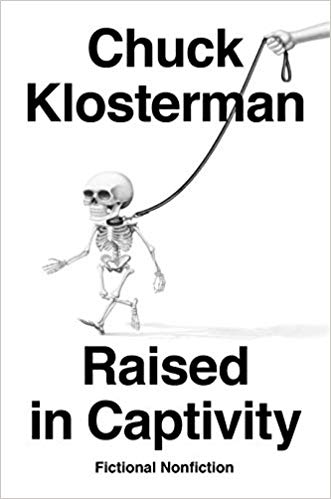Crime and Punishment – Fyodor Dostovesky: I’d never read it before, and our SWU students wanted to tackle it this summer. I’m glad I have an excuse to read it. I’ve read about 200 pages thus far, and it’s very good. The murder is horrifying (as it should be), and I’m already starting to see how Dostoevsky is going to handle its brutal aftermath: through periodic peaks and terrifying depths in Raskolnikov’s emotions and mind.
The Rhetoric of Transformation – Adam Ellwanger: This is a friend’s forthcoming book, and it was a gripping read, high praise for a book destined for an academic press. Ellwanger traces the classical rhetorical term metanoia from a way to describe a linguistic apology to a term that described personal transformation in Christianity to a means to assert the reclaiming of one’s original identity in contemporary secular culture. The final section, where Ellwanger explains what the ramifications of this turn might be for how we think about composition studies, is an absolute haymaker.
Why Liberalism Failed – Patrick Deneen: I continued reading this book, and I found it a nice companion piece to Ellwanger’s book. The biggest attraction and flaw of liberalism, according to Deneen, is the way it privileges the autonomous individual. There are weaknesses in Deneen’s argument. I’m not ready to cede that liberalism, root and branch, is the problem. But Deneen’s arguments force me to come up with compelling arguments for things I considered givens re: my political beliefs.
The Case of the Daring Decoy – Erle Stanley Gardner: The latest novel I’m reading for my Perry Mason podcast, this book is notable for giving Paul Drake a potential love interest, a first for any novel I’ve read. The novels never feature a confession (this one is no different), but Perry’s courtroom means of confirming the murderer’s guilt while in court is quite nice. The television adaptation of this episode took most of its beats from the novel.



